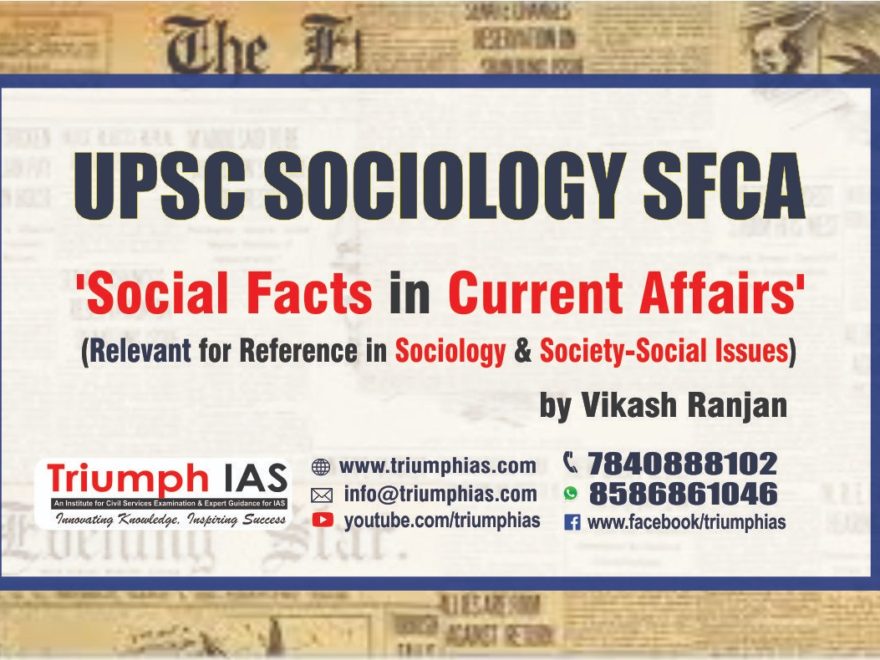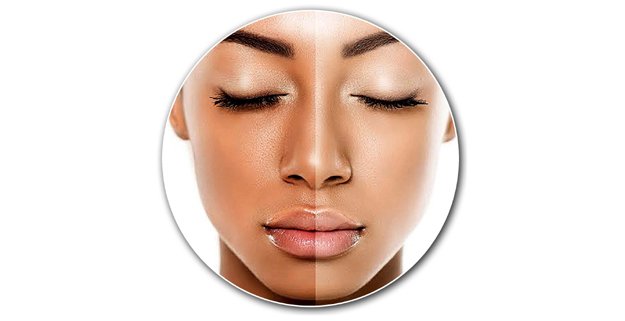‘WHITENING’ UNDERGOES A MAKEOVER BUT COLOURISM STAYS
- (Relevant for Sociology Syllabus: Paper 1 – Stratification & Mobility )
- (Relevant for GS Syllabus: Paper1- Poverty & Developmental issues )
A re-branding by cosmetics brands is unlikely to reverse prejudices favouring the fair skin.
- The world’s biggest cosmetics companies have been selling a fairy tale that often goes something like this: If your colleagues dismiss you at work, if your talents are ignored, whiten your skin to turn your love life around, boost your career and command centre stage.
- No company has had greater success peddling this message across Asia, Africa and West Asia than Unilever’s Fair & Lovely brand, which sells millions of tubes of skin lightening cream annually. The 45-year-old brand earns the Anglo-Dutch conglomerate Unilever more than $500 million in yearly revenue in India alone, according to Jefferies financial analysts.
- Following decades of pervasive advertising promoting the power of lighter skin, a re-branding is hitting shelves globally. But it’s unlikely that fresh marketing by the world’s biggest brands in beauty will reverse deeply rooted prejudices around “colourism,” the idea that fair skin is better than dark skin.
‘GLOW & LOVELY’
- Unilever said it is removing words like “fair”, “white” and “light” from its marketing and packaging, explaining the decision as a move toward “a more inclusive vision of beauty.” Unilever’s Indian subsidiary, Hindustan Unilever Limited, French cosmetics giant L’Oreal followed suit, saying it too would remove similar wording from its products. Johnson & Johnson said it will stop selling Neutrogena’s fairness and skin-whitening lines altogether.
- The makeover is happening in the wake of mass protests against racial injustice following the death of George Floyd.
- At the Skin and Body International beauty clinic in South Africa, owner Tabby Kara said she sees a lot of people inquiring about going one or two shades lighter.
- “It’s a general demand in Africa,” she said. “People do want to be a bit fairer simply because society expects or is more interested in the fairness of a person.”
- India’s cultural fixation with lighter skin is embedded in daily matrimonial ads. The Hindu caste system has helped uphold some of the bias.
JAPANESE, KOREAN BRANDS
- In Japan, pale translucent skin has been coveted since at least the 11th Century. So-called “bihaku” products, based on the Japanese characters for “beauty” and “white,” remain popular today among major brands.
- The high-end Tokyo-based skin care brand Shiseido says none of its “bihaku” products contain ingredients that bleach skin, but do reduce melanin that can lead to blemishes. The company says it has no plans to change its product names, including the “White Lucent” line.
- In South Korea, the words “whitening” or “mibaek” have been used in about 1,200 kinds of cosmetics products since 2001, according to the Ministry of Food and Drug Safety.
- Alex Malouf, a Dubai-based marketing executive, said companies had been playing to different audiences around the world but are now paying attention to the societal changes happening in the U.S. and Europe, where shareholders are primarily based.
- L’Oreal tweeted last month it “stands in solidarity with the Black community and against injustice of any kind.” Its products in the U.S. include the Dark & Lovely brand, aimed at black women. Outside the U.S., however, the company was marketing its “White Perfect” line for a “fair, flawless complexion.”


